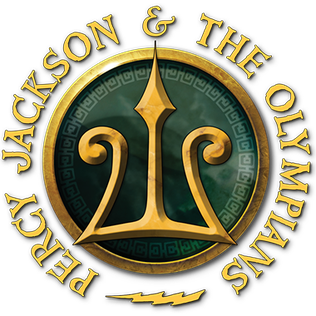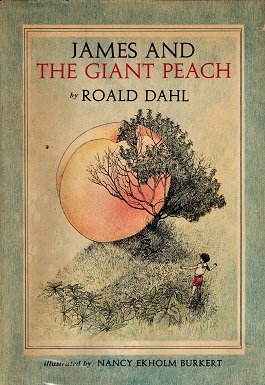Odysseas Elytis
Explore the timeline of Odysseas Elytis, the renowned Greek poet and Nobel laureate. Delve into his life, from his birth in 1911 in Heraklion, Crete, through his influential literary career, and his Nobel Prize in Literature in 1979, to his death in 1996. Discover the key milestones and works that define his contribution to modern Greek poetry and literature.
Birth of Odysseas Elytis
Odysseas Elytis, one of Greece's most significant poets and a major figure in the history of modern Greek poetry, was born on November 2, 1911, in Heraklion, Crete. Over his lifetime, Elytis became widely known for his contribution to Greek and world literature, particularly through his unique style that combined Greek tradition with surrealism.
Odysseas Elytis Publishes First Poem
Odysseas Elytis published his first poem in 1935, marking the beginning of his illustrious literary career. His early work was characterized by its incorporation of surrealism and vivid imagery, setting the stage for his later, more mature works. This debut helped establish him as a significant new voice in Greek poetry.
Elytis Serves in the Military
During World War II, Odysseas Elytis served as a lieutenant in the 1st Army Corps and took part in the Albanian front, where Greece fought against the invading Italian army. This period was influential in his poetic themes, often reflecting on the concepts of freedom, struggle, and the human spirit.
Publication of 'Heroic and Elegiac Song for the Lost Second Lieutenant'
In 1943, Odysseas Elytis published 'Heroic and Elegiac Song for the Lost Second Lieutenant,' which is a poignant tribute to his experiences during World War II. The poem is noted for its powerful imagery and emotional depth, capturing the spirit of a generation marked by conflict and loss.
Publication of 'To Axion Esti'
In 1960, one of Odysseas Elytis's most acclaimed works, 'To Axion Esti' ('Worthy It Is'), was published. This defining piece is a monumental poem that combines religious, existential, and political themes, reflecting Elytis's view of the world. 'To Axion Esti' solidified Elytis's standing as a leading figure in modern Greek literature.
Publication of 'The Monogram'
Odysseas Elytis published 'The Monogram' in 1971, a remarkable long poem that exemplifies his lyrical style and thematic depth. The work is a profound meditation on love, memory, and the passage of time, showcasing Elytis's mastery of language and poetic thought. 'The Monogram' remains one of his most celebrated pieces.
Nobel Prize in Literature
Odysseas Elytis was awarded the Nobel Prize in Literature on December 10, 1979. The Nobel Committee recognized him "for his poetry, which, against the background of Greek tradition, depicts with sensuous strength and intellectual clear-sightedness modern man's struggle for freedom and creativeness." This honor brought international attention to Elytis's work.
Publication of 'The Sovereign Sun'
In 1984, Odysseas Elytis published 'The Sovereign Sun', a collection of poems that reaffirms his unique poetic voice and his ability to intertwine mythology, nature, and personal reflection. The volume was met with critical acclaim, further cementing his status as one of the most influential poets in Greece and the world.
Publication of 'The Garden with the Illusions'
'The Garden with the Illusions' was one of the last collections of poems published by Odysseas Elytis in 1995, demonstrating his continued poetic vigor into his later years. The collection explores themes of beauty, transcendence, and the enchanting allure of illusions, showcasing Elytis's enduring creativity and philosophical insights.
Death of Odysseas Elytis
Odysseas Elytis passed away on March 18, 1996, in Athens, Greece. His death marked the end of a prolific career that had a lasting impact on Greek literature and culture. Elytis left behind a rich legacy through his poetry and other written works, which continue to inspire readers and writers worldwide.
Frequently asked questions about Odysseas Elytis
Discover commonly asked questions regarding Odysseas Elytis. If there are any questions we may have overlooked, please let us know.
When did Odysseas Elytis pass away?
Who was Odysseas Elytis and what is he known for?
What are some of the notable works of Odysseas Elytis?
When was Odysseas Elytis born?
Related timelines
More timelines connected to Odysseas Elytis







